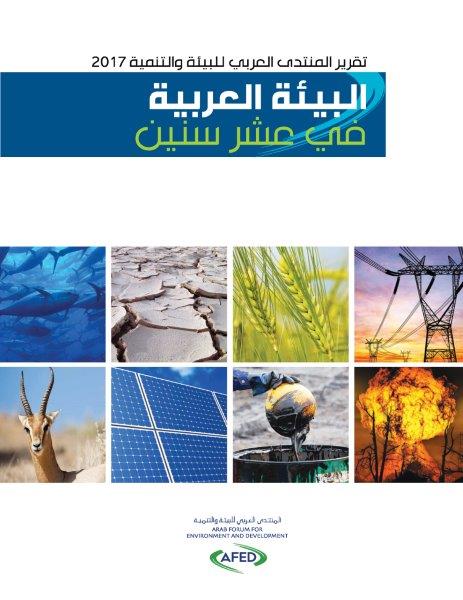| | Arab water: reform or perish | | by Najib Saab
February 2010
The Arab world is facing thirst and hunger unless rapid and effective measures are taken to address the water scarcity dilemma. Even if all available water resources were utilized, Arab countries are today under the water stress level, and they will face by 2025 the stage of 'acute water scarcity' which is less than 500 cubic meter per capita per year. In many countries this is already below 100 cubic meters, which can be only described as ‘below thirst level’. | | more... | |
|
|
| | China and USA: two giants controlling the World's Climate | | By Najib Saab
January 2010
The main outcome from the Copenhagen climate summit may turn out to be the Chinese-American accord that will probably mark the 21st century. The agreement between the old and new super powers, at the last minutes of negotiations, can be considered as a coup that not only marginalized the developing nations but also sidelined the European countries. In a tone characterized by bitterness, the UN Secretary General and EU leaders attempted to identify some 'positive elements' in this crippled agreement by considering it a 'beginning'. Those who will have enough life might witness how the end will be. | | more... | |
|
|
|
|
|
| | Green Economy: From Ban Ki-moon to Fuheid Al-Sharif | | by Najib Saab
July-August 2009
"Were you the one who wrote that speech?" My son enquired after we listened to the UN Secretary General Ban Ki-moon's graduation speech to the class of 2009 at the Johns Hopkins School of Advanced International Studies in Washington. William, who graduated with a degree in energy and environment policies, was taken by surprise with the high environmental tone of the Secretary General, compared to the usually subdued international statements meant to please everybody, while saying nothing. | | more... | |
|
|
|
|
|
|
|
|
|
|
 | | | Arab Environment in 10 Years | | | ARAB ENVIRONMENT IN 10 YEARS crowns a decade of the series of annual reports produced by the Arab Forum for Environment and Development (AFED) on the state of Arab environment. It tracks and analyzes changes focusing on policies and governance, including level of response and engagement in international environmental treaties. It also highlights developments in six selected priority areas, namely water, energy, air, food, green economy and environmental scientific research. |
|
 |
|
|
|
|




